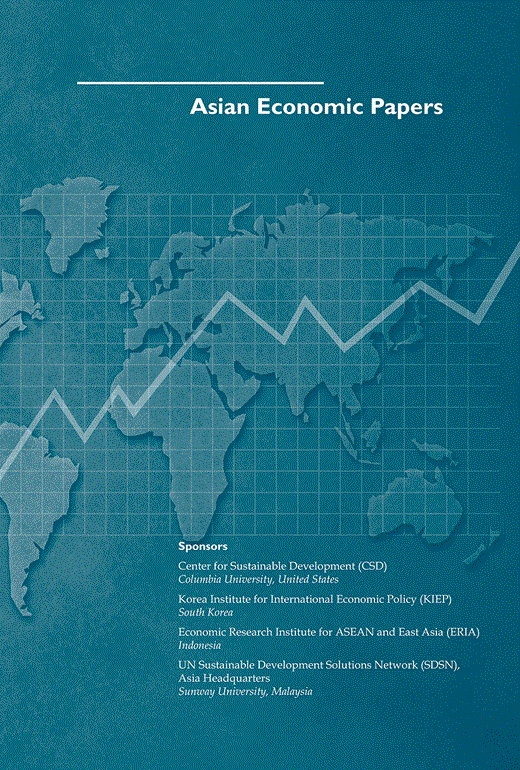全球物理冲击时代对“经济基本面”的反思:菲律宾应对新冠肺炎经验的启示
IF 5.3
3区 经济学
Q1 ECONOMICS
引用次数: 5
摘要
正如菲律宾在新冠肺炎疫情前所做的那样,拥有“强劲的宏观经济基本面”,就其本身而言,在物理冲击的背景下,对经济结果的影响要小得多(如果有的话)。使用东盟+3、东亚和南亚发展中国家以及澳大利亚和新西兰的21个国家的模型来解释2019年实际GDP增长与2020年预测GDP增长的差异,我们发现,在同等条件下,更强的国家检测和应对新发疫情的能力,特别是实验室能力,与更好的短期经济结果有关。对菲律宾来说,2020年预测的GDP增长损失本可以挽救3.6个百分点。我们的研究结果表明,卫生系统能力的缺乏应该优先于任何其他类型的支出,包括传统的刺激(如大规模基础设施)支出。我们的研究结果还强调,在全球物理冲击的时代,包括气候灾害带来的冲击,需要重新思考经济的稳定和韧性所必需的东西——什么是“经济基本面”。考虑到物理冲击,高效和有准备的政府机构很重要。如果宏观经济没有弹性,那么它就没有弹性。本文章由计算机程序翻译,如有差异,请以英文原文为准。
Rethinking “Economic Fundamentals” in an Era of Global Physical Shocks: Insights from the Philippine Experience with COVID-19
Having “strong macroeconomic fundamentals”, as the Philippines supposedly did pre-COVID-19, matters much less (if at all), in and of itself, to economic outcomes in the context of a physical shock. Using a model for 21 countries in ASEAN + 3, developing East Asia and South Asia as well as Australia and New Zealand to explain the difference in actual 2019 and forecasted 2020 GDP growth, we find that, ceteris paribus, stronger national capacities to detect and respond to emerging outbreaks, in particular, laboratory capacity, are associated with better short term economic outcomes. For the Philippines, up to 3.6 percentage points in lost GDP growth forecasted in 2020 could have been saved. Our results suggest that a dearth in health system capacity should be prioritized over and above any other type of spending, including traditional stimulus (e.g. large-scale infrastructure) spending. Our results also underscore the need to rethink what is necessary for the stability and resilience of an economy – what are the “economic fundamentals” - in an era of global physical shocks, including those brought about by climate hazards. Given physical shocks, efficient and prepared government institutions matter. A macro economy is not resilient if these are not.
求助全文
通过发布文献求助,成功后即可免费获取论文全文。
去求助
来源期刊

Asian Economic Papers
ECONOMICS-
CiteScore
7.50
自引率
0.00%
发文量
16
期刊介绍:
The journal Asian Economic Papers (AEP) is supported by several prominent institutions, including the Center for Sustainable Development at Columbia University in the United States. This shows that there is a strong emphasis on sustainable development within the journal's scope. Additionally, the Korea Institute for International Economic Policy in South Korea, the UN Sustainable Development Solutions Network (SDSN) in Malaysia, and the Economic Research Institute for ASEAN and East Asia in Indonesia also sponsor AEP. The articles published in AEP focus on conducting thorough and rigorous analyses of significant economic issues pertaining to specific Asian economies or the broader Asian region. The aim is to gain a deeper understanding of these issues and provide innovative solutions. By offering creative solutions to economic challenges, AEP contributes to the discourse and policymaking that impact the Asian economies and region as a whole.
 求助内容:
求助内容: 应助结果提醒方式:
应助结果提醒方式:


